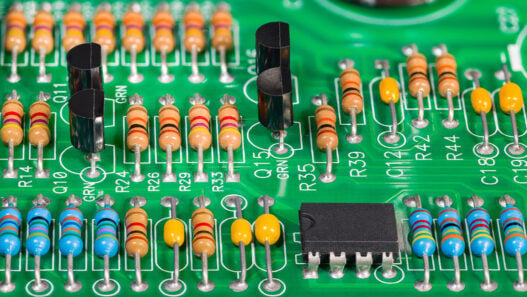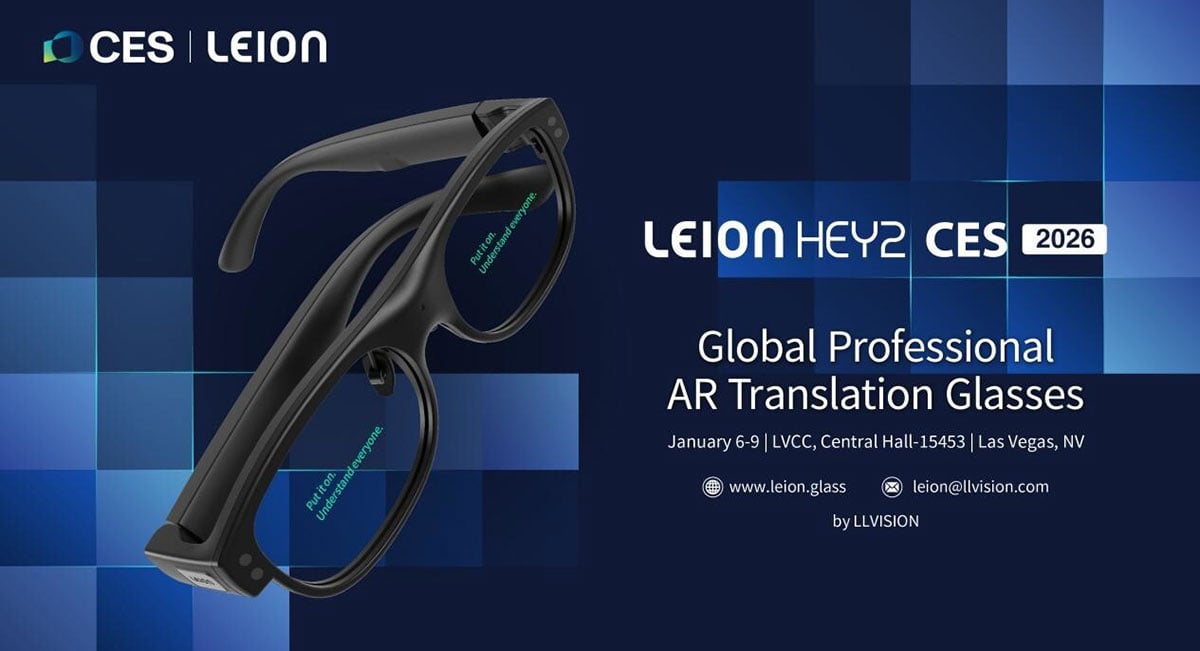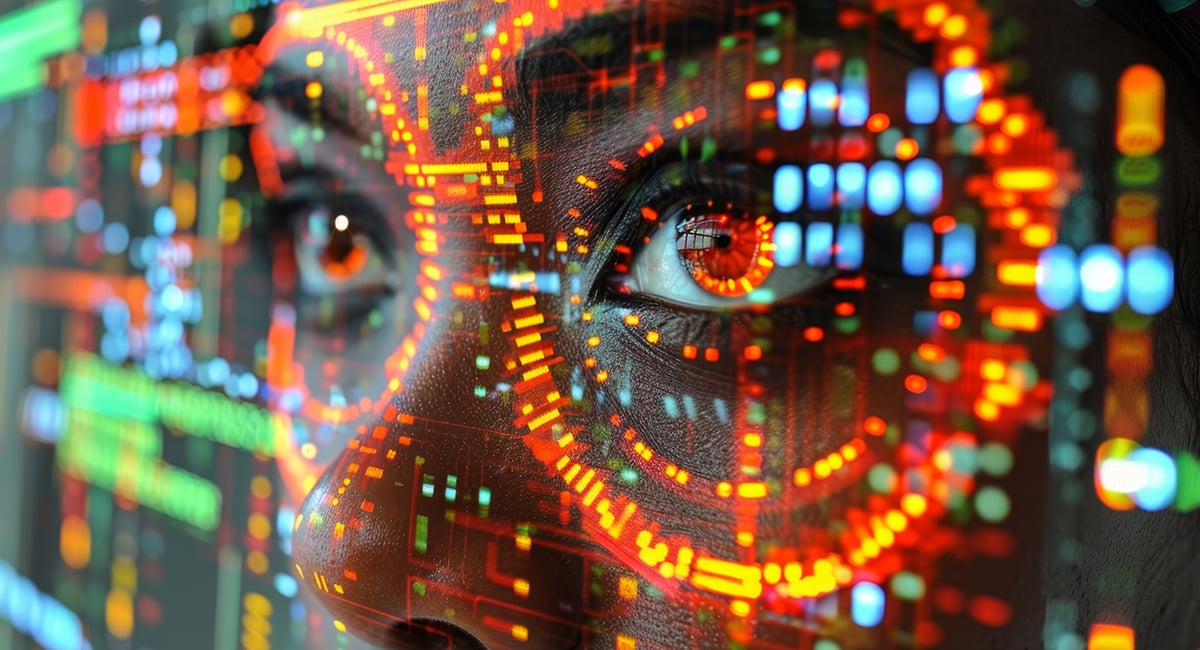Whilst VR is known for transforming the gaming and entertainment industry in particular, with consoles and handhelds adapting their games for VR the gaming experience has been utterly transformed and improved all around. The connection between game and player becomes far closer as gamers are completely immersed into their own gaming world.
VR is also beginning to revolutionise other industries such as healthcare, retail and education, which is already aiding tasks in the sectors, from helping patients with anxiety relax, and helping students learn more by experiencing what they are being educated on.
But what are the most exciting changes we should expect from VR across the next 50 years?
RS Components has created a graphic revealing ten of the most exciting predictions set to happen with VR over the next 50 years. From headsets taking the simple form of sunglasses, experiencing what life on Mars would really be like and being able to overcome some of your biggest phobias and fears, VR is set to transform the world as we know it. The question is, are you ready?
2021 – Augmented Reality and VR are set to merge
In just two years time, technology will be able to create an experience for humans where we are unable to tell the difference between the virtual and real world, with the merging of AR and VR.
Michael Abrash, the Oculus chief scientist who made this prediction states the challenges of reconstructing the real world, and states that augmented VR will be an integral part of virtual reality.
Abrash also expressed that merging these will see a technology that is used for longer and many more uses than it can be today. Whilst more work needs to be done, Abrash is confident that a technology will emerge where the boundary between VR and real life will be far more blurred and unclear.’
2030 – Experience life on Mars
We are currently living in the midst of a space race to Mars between some of the world’s most famous billionaires such as Elon Musk, Richard Branson and Jeff Bezos, who are all determined to take humans in to space first and eventually reaching Mars. But with ticket prices reaching astronomical amounts, the majority of us won’t be taking one of these flights.
Fortunately for us, VR will be able to provide the experience many of us would love, allowing us to see what life on Mars is really like. Not only is this a great alternative, for those of us that cannot afford a real ticket to this red planet, this technology will also be greatly beneficial for those working in the space industry wanting to use it for training purposes. VR will help us to experience life on Mars and it will also allow development and research to take place that will help more sustainable human missions.
2030 – Overcome your greatest fears with VR
It’s safe to say that all of us have felt fear at some point in our lives, and for many of us, we have also experienced more irrational fears such as being scared of harmless spiders or clowns at birthday parties. Fears that turn into phobias can have a severe impact on your mental health in particular and are something that people suffer with on a day-to-day basis.
By 2030, VR is set to help the healthcare industry help people manage and overcome these fears. VR will be able to virtually transport the patient into a conflict situation so they are facing the exact thing they are so desperate to avoid. This will be greatly beneficial to both the medical industry and the patient, by considerably helping people manage their fears and eventually overcoming them.
2050 – The rise of virtual reality changing rooms
Online shopping has risen by staggering amounts over the last decade, which comes as no surprise as people can do their clothes shopping from the comfort of their own home. One of the current disadvantages of online retail shopping is buying something that doesn’t fit or simply doesn’t look right, but VR is set to remove this altogether.
By 2050, the high street is set to be replaced with consumers able to try on clothes in VR changing rooms, where they will be able to see how items fit on them as well as being advised by AI shop assistants that can cater to your tastes exactly. In your life time, you could have your own virtual shopping assistant.















